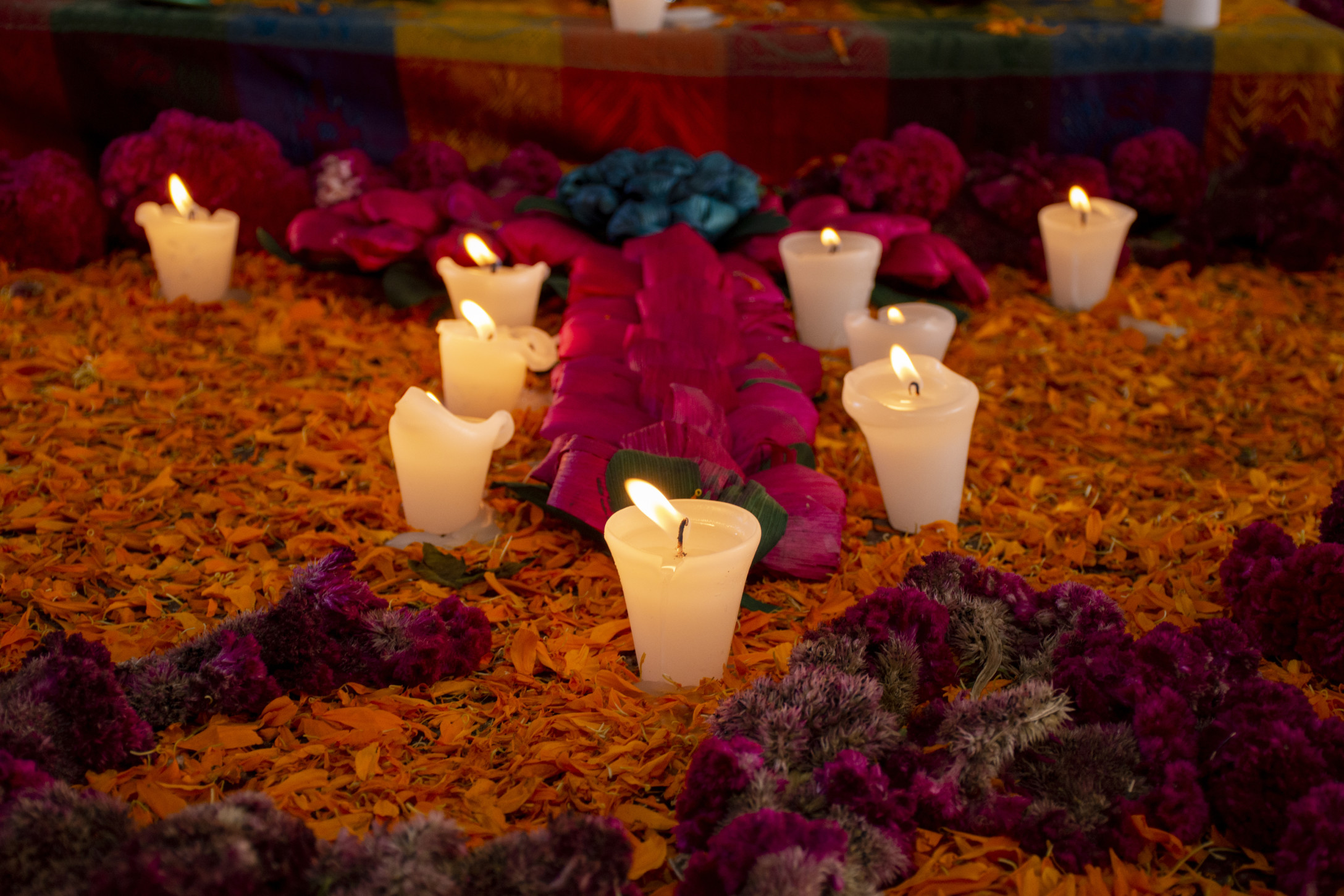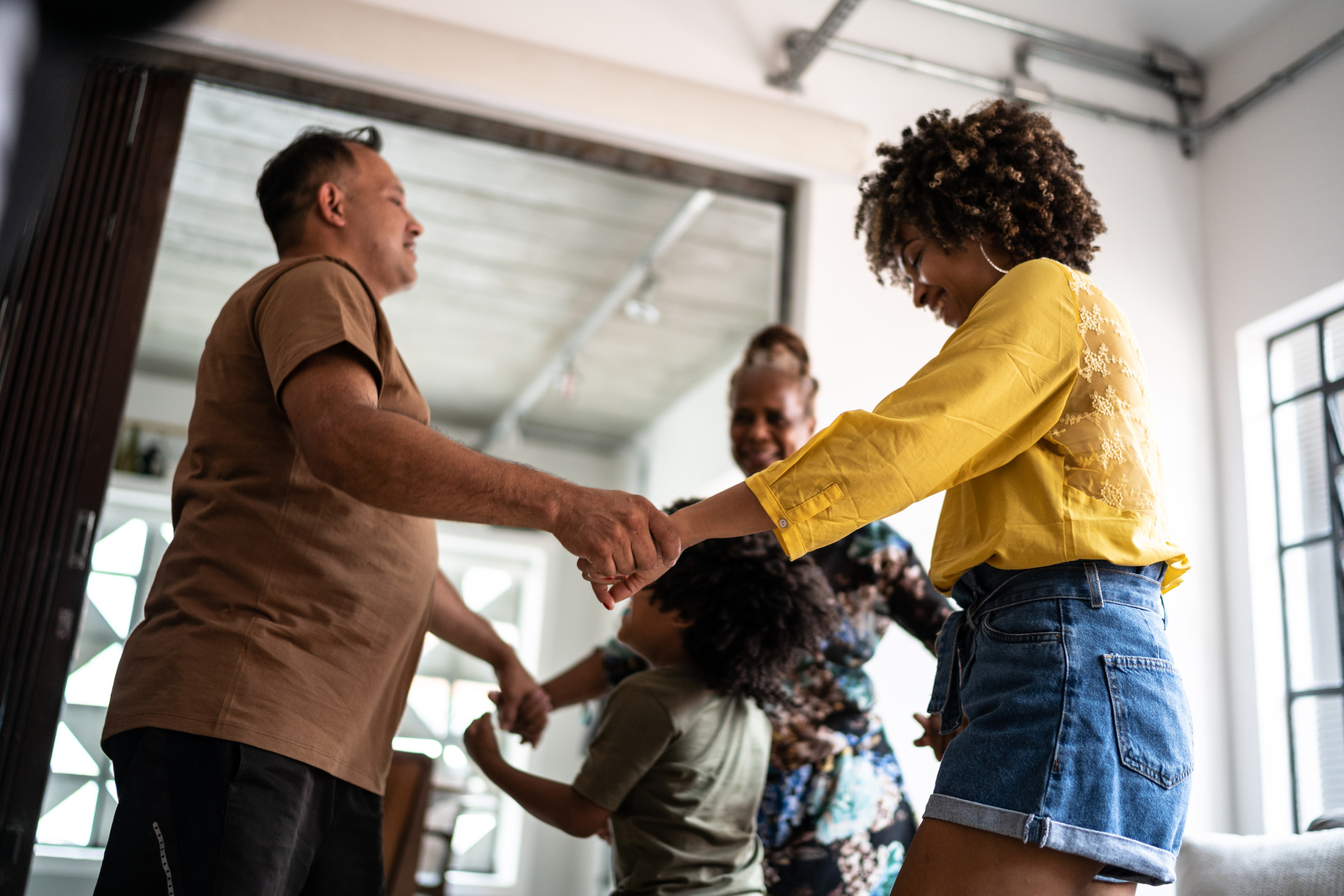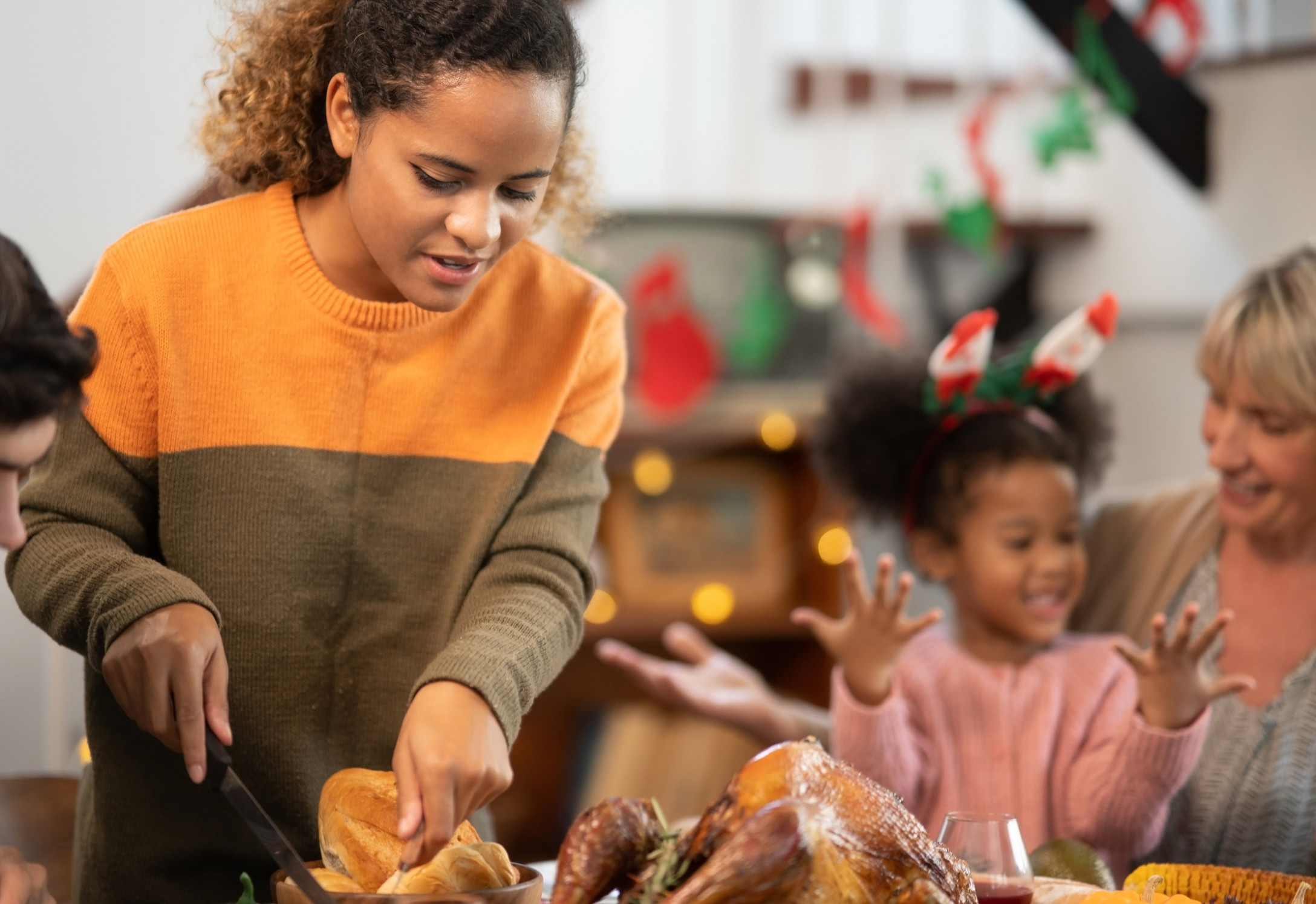
My kids are the fifth generation on my mom's side and the third generation on my father's side to live stateside. The move from Puerto Rico to New York and New Jersey came at a time in history when people thought it was best to try to fit in—a time when it was common for immigrants to change how they dressed, how they ate, how they celebrated, and even their language in order to seem more "American."
More from MamásLatinas: 15 Fiestas & celebrations in Latin America to add to your bucket list
We know the same to be true for many families of Latin American descent living in the United States. Inevitably, that means that many of our traditions and cultures have become watered down over time. Some families have even largely lost their connections to their Latino roots throughout the decades. But it's never too late to reclaim your heritage. There are so many beautiful Latino family traditions that we can introduce to our kids starting now, to help them reconnect to their Latin roots and learn more about our history and culture.
Celebrate Carnival.

Carnival is something that is celebrated in many Caribbean and South American countries leading up to the lenten season, but has been dropped by many Latinos living in the U.S., with th exception of perhaps those living in the New Orleans area. Kids love a good festivity, and whether attending traditional party-like carnival events or teaching them about the celebration through videos and small activities and crafts, it's sure to make for some family fun.
Cook traditional foods together.

Teaching our children to make our traditional foods is so important and one of the most basic ways to help them feel connected to la cultura. Not only that, but it is something practical from their heritage that they will be able to pass down to their own children. If you're not familiar with the recipes yourself, recruit an older family member who is or do some searches online (MamásLatinas has some great recipe ideas!) and make it a special occasion.
Blast some music.

There's probably not a Latino out there who doesn't remember their parents blasting Spanish music on Saturday mornings and making everyone in the family clean the house until it was sparkling. While our Saturdays may be a bit busier these days with all those soccer practices and swim meets, we can still queue up some Celia, Selena or even El Gran Combo when it's time to clean house. It's the perfect way to introduce kids to music from their countries of origin and help them to understand the rhythms and beats and where they come from.
Build an ofrenda.

If you don't typically build an ofrenda for Día de los Muertos, consider starting the tradition this year. The holiday is widely celebrated throughout Latin America, and it's the perfect opportunity to teach your children about your family's history and even the individual stories of family members who came before us. Ofrendas can be as simple or elaborate as your budget and time allows, but remember it's the stories that matter most.
Connect with elders.

The elderly are revered in the Latino cultures and respecting them and caring for them is a tradition we should all be teaching the younger generations to maintain. It is through them that we can make and maintain connections to our roots and learn so much about not just culture, but life in general as well. Make sure your kids call, video chat, or visit, if it's safe, older family members regularly. They may not always be into it, but later in life they will not regret time spent with their abuelos and bisabuelos.
Dance it out.

If your kids can learn the latest TikTok dance they can learn to salsa and cumbia too. Carve out some family time to teach them some dances popular in your family's home country. If their are local dances for the specific region your family is from, teach them those too. And if you don't know the dances yourself, cue up some YouTube videos and learn together.
Adopt the siesta.

In a go-go-go world, it's ever more important to teach our children the value of rest. Latinos know how to put in hard work, but traditionally, we also know how to rest and reset. Institute a family siesta and explain how it's something that has long been common practice in Latin American countries. Even if it's just on the weekends, the principle is still the same. Plus, it means mom and dad might get an hour of coveted quiet.
Celebrate nochebuena.

Many Latino families have their big Christmas celebration on Christmas Eve rather than Christmas day. If you don't already do so, why not create a new tradition by having your big Christmas meal and opening presents the night before? Even better if you cook up a meal of traditional holiday foods from your country, invite family, and maybe even attend Midnight mass (if you're religious).




